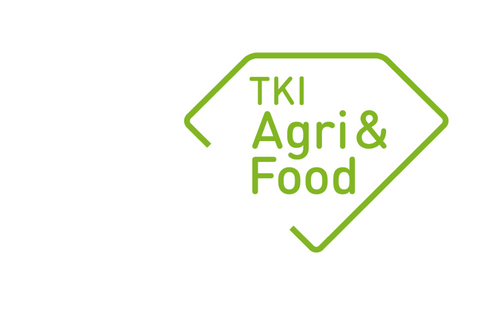Projecttitel: Smart food intake
Projectnummer: AF-16096
Missie: Gewaardeerd, gezond en veilig voedsel
MMIP: Waardering van voedsel (D1)
Looptijd: 2017 – 2020
Budget publiek: € 750.000
Budget privaat: € 750.000
Projectleider: Karin Zimmerman
Projectpartners: Danone, FrieslandCampina, Philips Unilever, Wageningen University Research
In order to stimulate more healthy and sustainable food consumption, better insight in the what, where, when and why of food consumption is needed. The food industry has indicated the need for more advanced data collections methods for food intake and its determinants, to better collect the necessary insights. With these insights, food formulations, communication and interventions can be tailored towards various target groups better than before. Current methods on food intake and food choice motivations come with a range of drawbacks, including:
- a lack of linkage between food intake and its determinants,
- a lack of inclusion of contextual variability,
- high measurement errors,
- time-consuming data collection and
- a high burden for the consumer and the researcher.
Therefore, the aim of SMART FOOD INTAKE is to improve the collection of reliable, accessible and up-to date food intake data and underlying food choice motivations as important determinants of food intake. A flexible, modular system based on the 2-hour recall (“snapshot”) methodology will be developed to reach that aim. This methodology will enable the food industry as well as the research community to collect data on food intake in a faster, flexible and in a more reliable way. The modular and flexible aspects of this methods will allow for extension to other eating contexts, target groups and countries. In addition, food intake data will be linked to context-specific motivations, as we know that motivations differ across consumption moments and situations. Considering the context will therefore lead to an increased understanding of food behaviour. Eventually this concept should help researchers and industry to faster and cheaper collect necessary insights that can be used to develop food products and interventions that better fit the needs of a diverse range of consumers and lead to an on average higher intake of healthy foods.
Links:
Deel dit bericht

